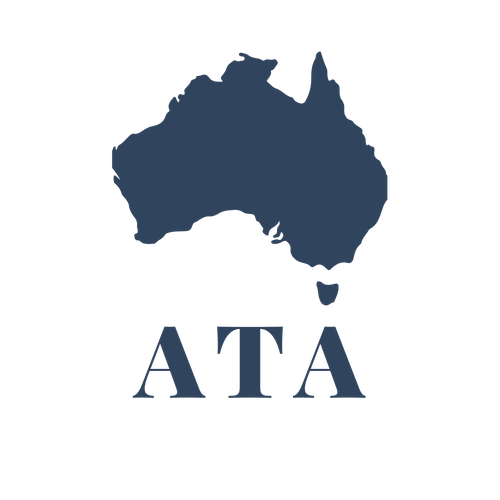Release: Australia Institute’s Anti-Nuclear Claims Are Built on Sand
Costs of nuclear power have trended down in countries with standardised designs and the right regulatory framework, ample research shows.
Costs and insurance of nuclear power is highly dependent on regulations and political factors- Australia’s blanket ban on nuclear must be lifted for these challenges to be overcome.
Nuclear power will drastically lower emissions while reducing dependency on taxpayer funding to do so. Germany and Japan have seen the opposite happen as they’ve moved away from nuclear.
Nuclear power is the only known source capable of satisfying the trilemma of energy security, affordability, and low emissions.
The Australian Taxpayers’ Alliance, the nation’s largest grassroots advocacy group representing taxpayers, today criticised unsubstantiated claims from the Australia Institute about nuclear energy in Australia.
“The Australia Institute claims that nuclear power is uneconomic and expensive while citing examples of countries where increasing regulatory burdens and hurdles have driven up costs, thanks to lobbying by anti-nuclear activists and ideologues.” noted Satya Marar, ATA Director of Policy. “Yet this ignores the experience of countries like South Korea where the standardisation of designs and a smart regulatory framework have consistently driven down costs and allowed plants to be built on time while ensuring safety. South Korean designs are being exported around the world and Australia has the opportunity to learn from international best practice.
“Ironically, the Australia Institute also expresses concern about taxpayer subsidies going to nuclear power, yet they have no such concern about wind and solar which receive up to $2.8 billion a year in corporate welfare in Australia. In the UK, the decision to subsidise nuclear was driven by the need to let it compete against heavily subsidised wind and solar power.
“The difficulty of obtaining insurance is also driven by regulatory and political uncertainties around nuclear power in Australia which can’t be resolved until our blanket ban is lifted. If the Australia Institute is confident about its own research, then it would support lifting the ban too so we can see what happens.
“Given the expensive and intermittent nature of renewables which continue to be supported by fossil fuel generators and billions in taxpayer subsidies due to the absolute inadequacy of current and foreseeable battery storage technology, legalising nuclear power to ensure affordable, reliable and clean energy seems like a no-brainer.
“Australia has the world’s largest uranium and thorium reserves. Nuclear reactors deliver baseload power with a carbon footprint less than a solar farm and at a per-unit generation cost lower than coal or renewables. Russia, China, South Korea, Taiwan and the UAE are just some of the countries rapidly expanding nuclear power. Meanwhile, Germany and Japan have seen their power bills skyrocket and their emissions and reliance on fossil fuel rise as they’ve moved away from nuclear- Japan is now moving in the opposite direction.
“A sensible, fact based conversation about nuclear power in Australia must start in economics, and given the economic reality that it is the only source capable of satisfying the trilemma of energy security, affordability and low emissions, that is where the conversation should end and action should begin to lift the ban.”
